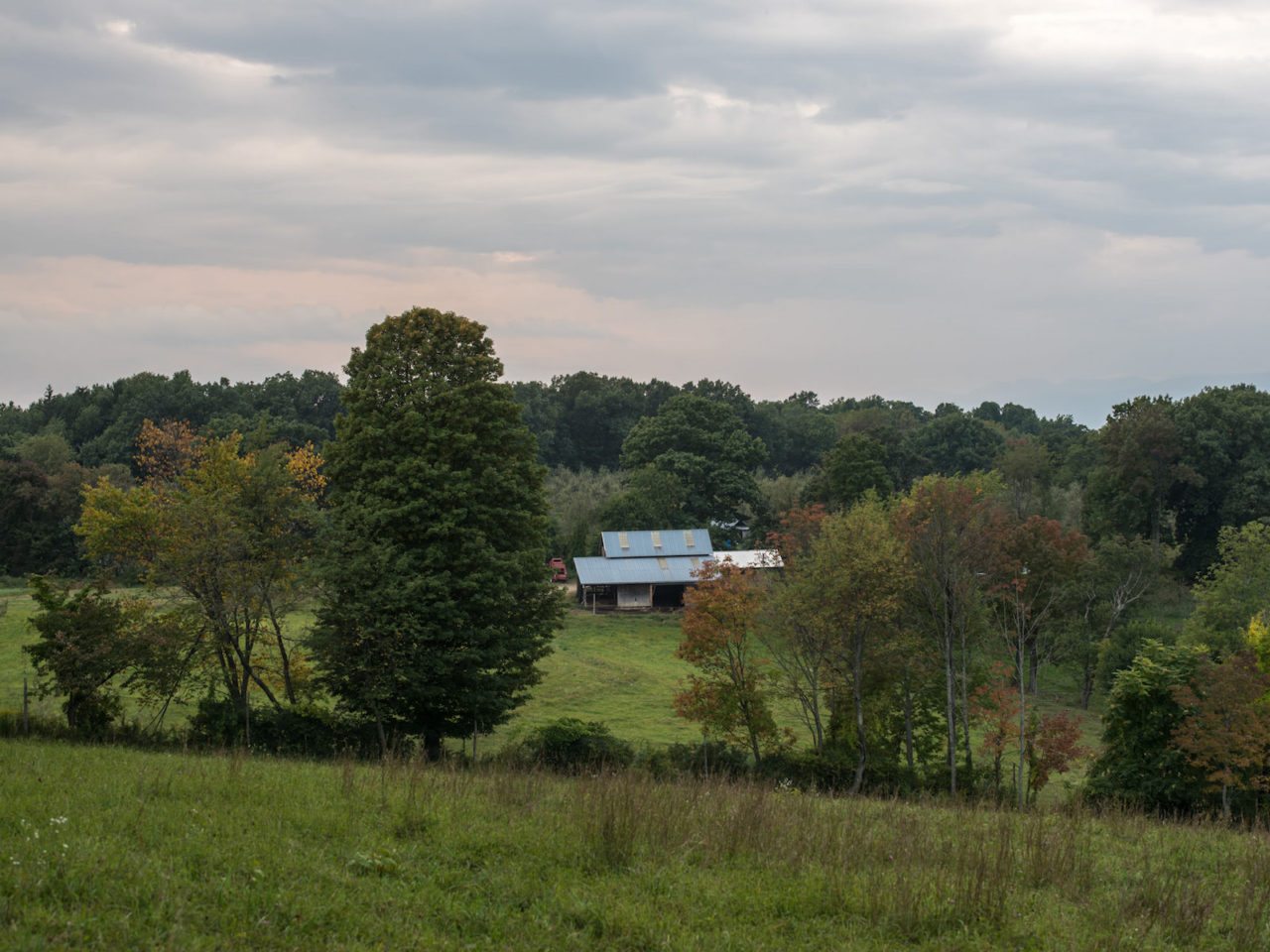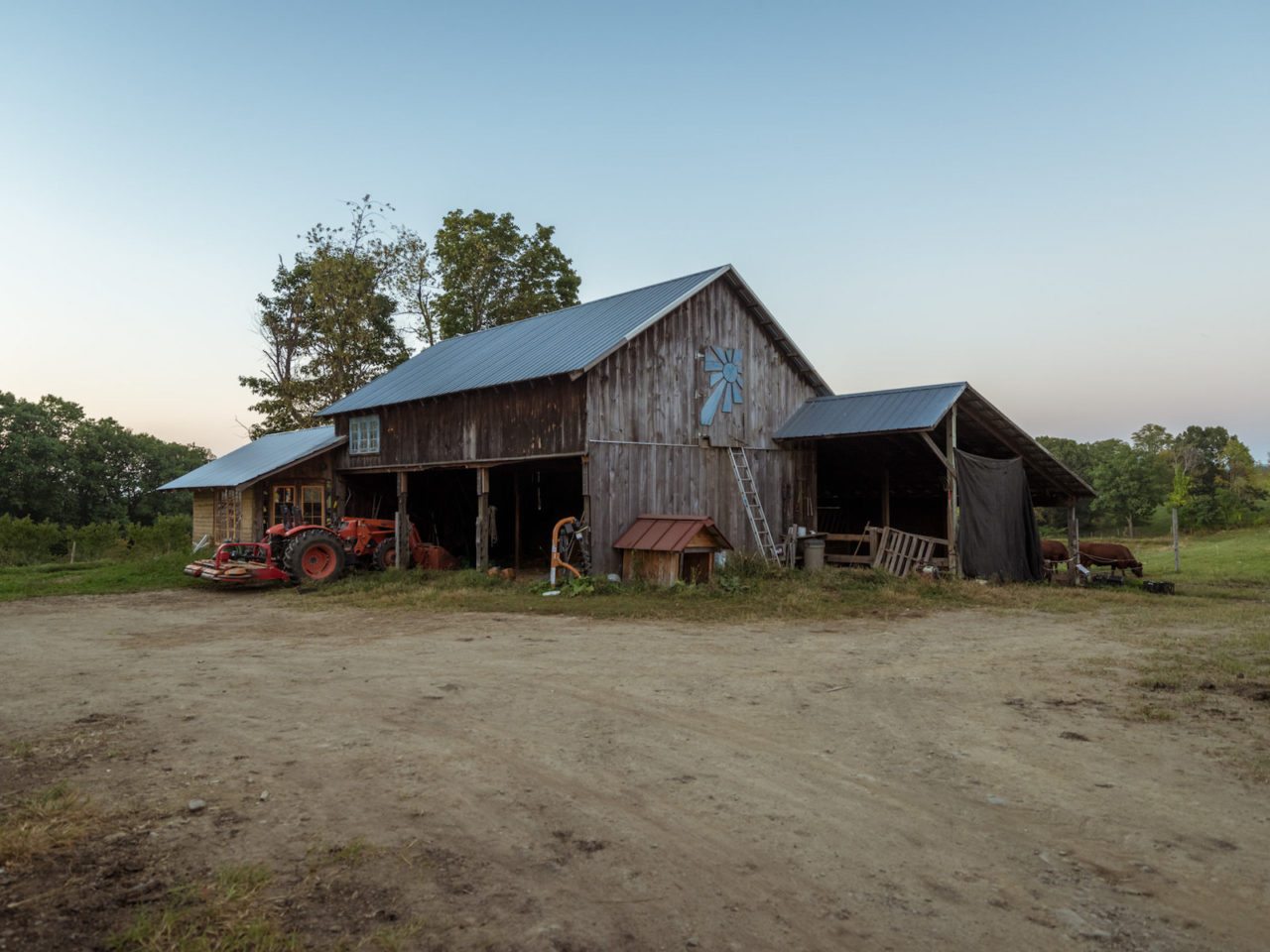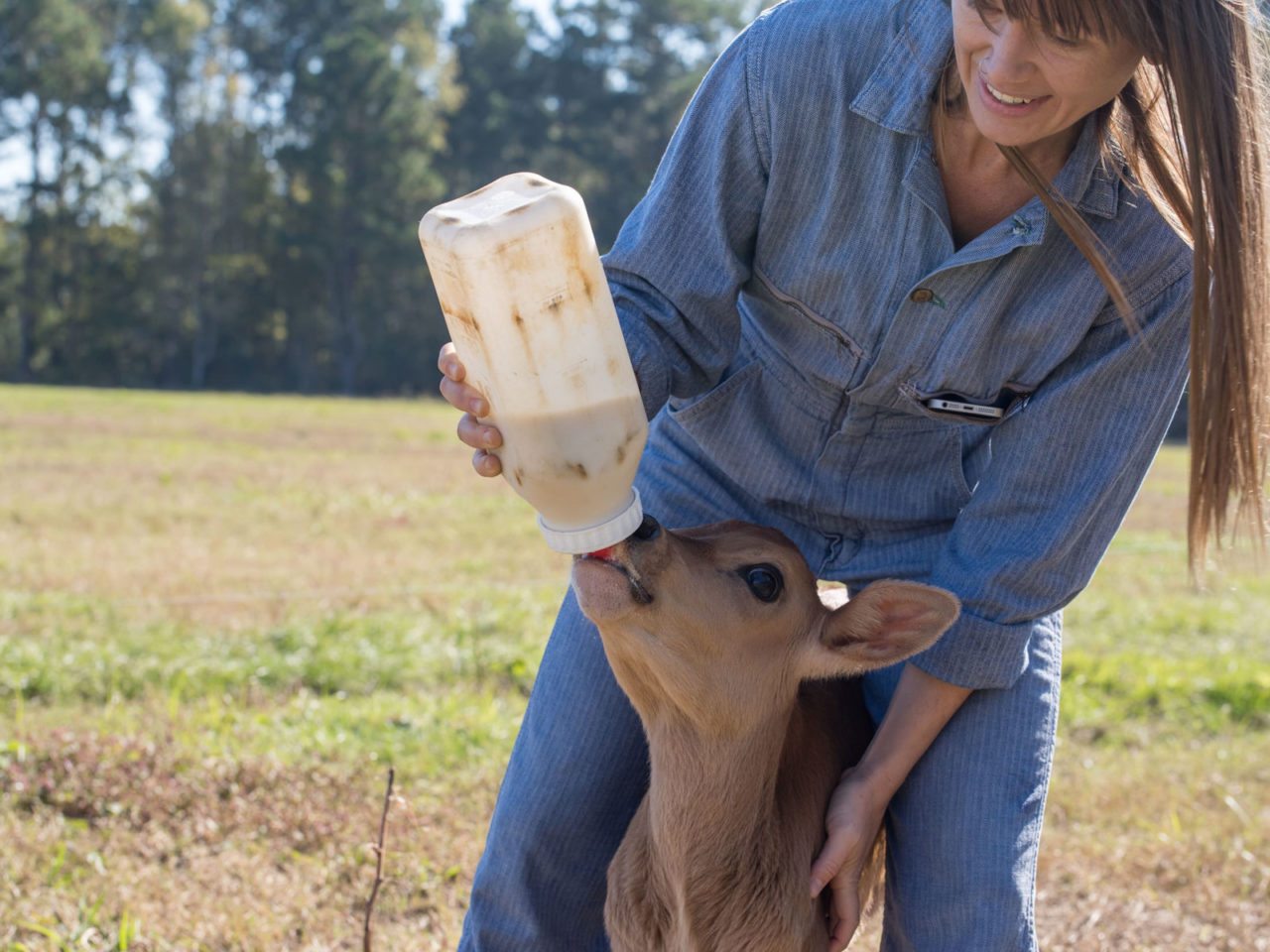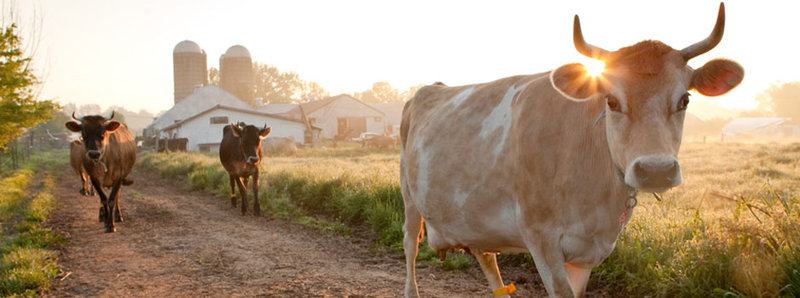It doesn’t take a stretch of the imagination to link our current cultural longing for elaborate getaways to the kind of stress-filled, busy lives that most of us live in cities across the globe. Our days are intense, high-energy sprints where we typically ignore our bodily need for rest, nourishment, exercise and fresh air.
What we find ourselves craving after a long day at the computer and hours of fighting through traffic on jam-packed city streets is room to breathe, tangible contact with nature, someone to attend to our most basic needs or at least the time to care for them ourselves.
Sure, travel may be built in our bones, too. Many a lusty explorer has embarked on a lengthy voyage simply to discover whatever lies on the other side of a vast ocean or mountain range. Discovery provides the sensation of momentary ownership. And certainly, walking amidst Roman ruins and tiptoeing through ancient Buddhist temples are experiences that satisfy our need for exploration and leave a lasting impression upon our memory.
But as travel gets easier and the world gets smaller, what we need more might be something much closer to our roots, a concrete connection to the world around us: a vacation on a farm.

When was the last time you dipped your hands in the dirt? Or picked a fuzzy peach right from the tree? Or watched a herd of contented cattle chomping patiently at their lunch?
Not only do these activities feed our childlike sense of amazement, they also offer a tangible solution to our modern plagues of anxiety and depression. In fact, I recently met a farmhand in my travels around the US who recounted her struggles with anxiety and how the days she spent on the farm were the only days she didn’t suffer from a near panic attack.
I’ve noticed similar results myself.
In July of this year, my husband and I put our things in storage and hit the road with the intention of spending our time working on farms and finding some healing from the stress of life in Los Angeles. As glamorous as it sounds, being on the road full time without any place to call home presents distinct challenges (not least of which is where to sleep at night) and is certainly anxiety-provoking. In the midst of much uncertainty, the farms we visit are medicine for me. It’s hard to be worried about the future when your full attention is given to the task at hand: jobs like weeding carrot beds, bottle-feeding hungry calves and harvesting apples to keep my hands and mind occupied.
It’s hard to be worried about the future when your full attention is given to the task at hand …
We travel through an international organization called WWOOF, whose sole purpose is to connect willing workers (the two Ws) to organic farms. The idea is based on a mutual exchange. The farms agree to host travelers of all sorts and provide them with a free place to stay and bushels of fresh farm food (farmers are great cooks). In return, volunteers spend about 25 hours a week doing a variety of farm chores, including helping with animals, cooking and harvesting.
It’s not a one-size-fits-all vacation, as each farm has unique offerings and expectations, and some accommodations are better than others, so it pays to do your research when searching for potential farm hosts. But if you’re looking to travel on a shoestring and your soul is in need of the idyllic pastoral, volunteering through WWOOF will afford you an inexpensive and satisfying getaway anywhere in the world.

Staying on farms is also an excellent way to gain access to inside info on the places you’re visiting, rather than wandering the streets staring at local guide on your iPhone. When you invest in the community of a farm, you’re no longer a tourist. You’re a member of the family and keeper of the family secrets, like where to find the best swimming holes and freshest ice cream on the back roads of America.
If you prefer to keep a little more distance between you and the cattle, there are other means of travel that will still immerse you in picturesque countryside scenes and get you closer to the source of your dinner. The concept of agritourism, first popularized in Europe, a land well known for its love of good food, is starting to gain traction in America. The idea behind it is that tourism should not be simply about blind consumption but also about learning, building relationships, engaging in a community. And, most importantly, eating fantastic, hyper-local food.


There are a wide range of farm stays available in the US. Some are rather bare bones — just a room in a farmhouse with some fresh produce on offer — while others are all-inclusive spa getaways with cheese-making classes and gourmet meals. The one thing they all have in common, though, is that they provide you with the ability to gain intimate knowledge of where your dinner is coming from and most will allow you to engage in the process of harvest or preparation. Since this type of accommodation comes with the customary exchange of money, no work is required of you, but it would be foolish not to take advantage of a chance to forage for wild herbs or gather fresh eggs. After all, it’s that immersion in nature that will help you shake off any workplace anxiety and loosen that computer tension you’ve been storing in your shoulders.
When you invest in the community of a farm, you’re no longer a tourist. You’re a member of the family and keeper of the family secrets …
Whether you choose to book a farm stay or take a chance on a WWOOF adventure, the benefits of this unconventional means of travel are many. By supporting a farmer, either financially or with your time, you are helping to improve our food system and shrink the gap between farmers and their customers. You will experience firsthand the hard work involved in getting food out of the field and onto our tables and will taste the difference of fresh ingredients, raised with care. You will reap the immediate rewards of better health and a restful vacation, while investing in a more sustainable future for your community and the world.
In short, it’s a great way of giving to yourself while also giving back.
***
See below for a list of my favorite farm stays in the US or visit farmstayus.com to find your own happy place:
Serenbe Inn | Chatt Hills, GA
Incredibly picturesque, Serenbe offers farm tours, trail rides, a full range of spa services and is home to the critically-acclaimed Farmhouse Restaurant.
Smithfield Farm Bed and Breakfast | Shenandoah Valley, VA
Farmer and NY Times bestselling author Forrest Pritchard is dedicated to raising highly regarded grassfed meats, while his family focuses on hosting and feeding guests at their bed and breakfast.
Humble Hill Farm | Finger Lakes, NY
Humble Hill hosts guests at their lodge and offers pizza dinners that you cook yourself in their wood-fired oven. They are located conveniently close to the Finger Lakes Wine Trails.
The Greer Farm | Daingerfield, TX
Greer Farm is dedicated to sustainable farming, and you can expect to find cooking classes and you-pick berries during your stay in one of their lake front cabins.
Nettles Farm | Lummi Island, WA
The folks at Nettles Farm are reshaping sustainable fishing and host cooking and foraging workshops at their farmhouse amidst the natural paradise of the San Juan Islands.
To sign up to volunteer with WWOOF, visit: wwoofusa.org. Make the most of your Italian getaway by spending time at one of the many agriturismos: agriturismo.it.
Images via Sherman Thomas
READ MORE Silence Is More Than The Absence of Noise.
READ ALSO Cheap Ways of Travelling Across Europe
How Could I Add Spice To My Ordinary Life Without Destroying What Was Already Good?
First appeared on darlingmagazine.org

